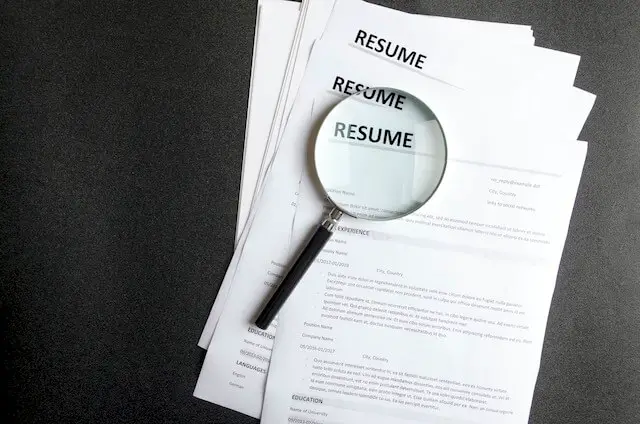On June 26, 2020, President Donald J. Trump issued a new Executive Order on Modernizing and Reforming the Assessment and Hiring of Federal Job Candidates. The key provisions of the EO focus on modifying qualification and classification standards to eliminate degree requirements where possible, and eliminating reliance on applicant self assessment questionnaires.
Will it make a difference? Maybe. Let’s look at both of the big changes and see what is behind them and how they might change the hiring process.
The reduction in degree requirements seems like a big deal, but in reality it probably will not make a massive difference.
Most jobs do not have degree requirements now. Many of the ones that do are likely to continue to have them. The EO provides for that, saying, “an agency may prescribe a minimum educational requirement for employment in the Federal competitive service only when a minimum educational qualification is legally required to perform the duties of the position in the State or locality where those duties are to be performed.”
We are not going to see the Department of Veterans Affairs hiring doctors without degrees. Engineers, architects, accountants, attorneys, and other professions are likely to continue having the degree requirements that are associated with those lines of work. Agencies that have become reliant on degrees to differentiate between candidates where the job does not require a degree may find they cannot do that in the future. That is a good change.
The EO also mandates that the Office of Personnel Management review and update all classification and qualification requirements, saying, “The Director of OPM, in consultation with the Director of the Office of Management and Budget, the Assistant to the President for Domestic Policy, and the heads of agencies, shall review and revise all job classification and qualification standards for positions within the competitive service, as necessary and consistent with subsections (a)(i) and (a)(ii) of this section. All changes to job classification and qualification standards shall be made available to the public within 120 days of the date of this order and go into effect within 180 days of the date of this order.”
That may be a heavy lift for OPM. Updating classification standards is typically a multi-year process. OPM’s policy group is not resourced to do large scale reviews, so getting all of that done in 120 days is a stretch.
The biggest change is the mandate to do assessments beyond the standard applicant self-assessment questionnaires that most agencies use. Those questionnaires, to be blunt, are worse than useless. They do not differentiate between candidates in a useful way and they do not reliably predict performance on the job. Take a look at most jobs on USAJobs and you will find a questionnaire that has too many questions that are meaningless, not enough questions that are meaningful, and a standard set of responses that range from “I don’t know anything” to “I am an expert.” Many agencies do little checking beyond tallying up the scores people give themselves. Is it any wonder that so many hiring managers say they get lists of people who are not qualified for their vacancies?
The requirement to do better assessments, if followed, should result in better qualified candidates getting through the screening process. It is also likely to screen out many more poorly qualified candidates, including those who routinely lie about their qualifications. I must admit I have been surprised by the number of people who admit that they simply pick the answers they know will result in the highest scores, even when they do not have the skills required by the job. Assessments that actually measure skills would be far more helpful than self-assessments that measure nothing.
The EO is a good idea. If it is implemented properly, it could result in significant improvements in the hiring process. If agencies take the easy way out and do not make the kind of changes the EO mandates, nothing will change. I hope every agency will comply and make significant improvements in their assessment processes.



